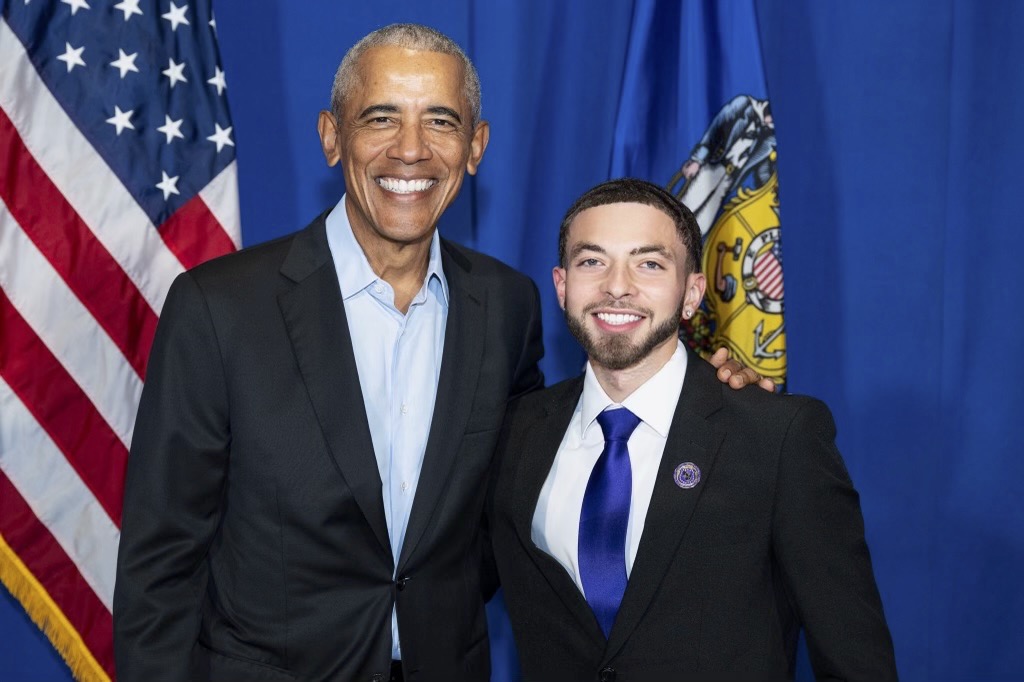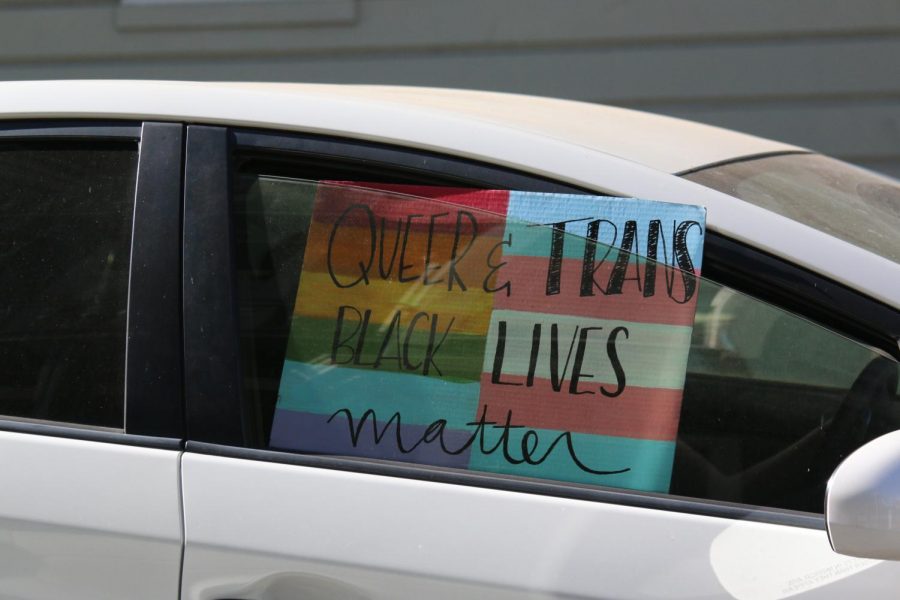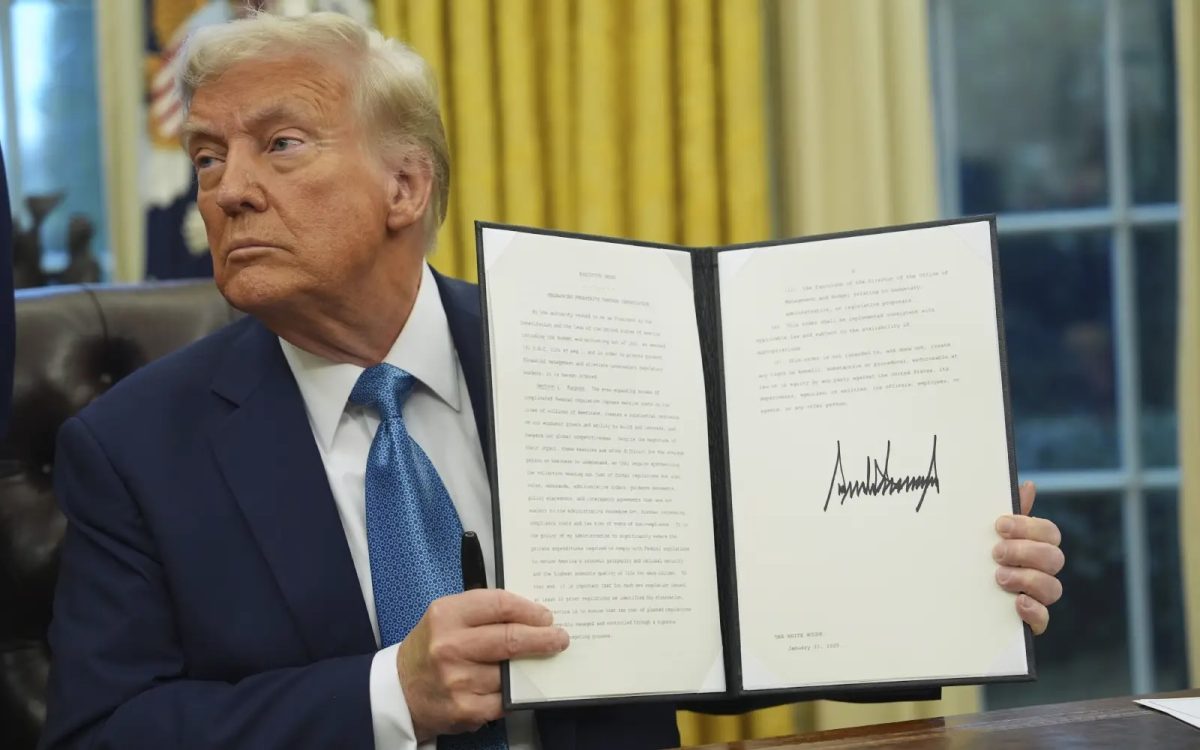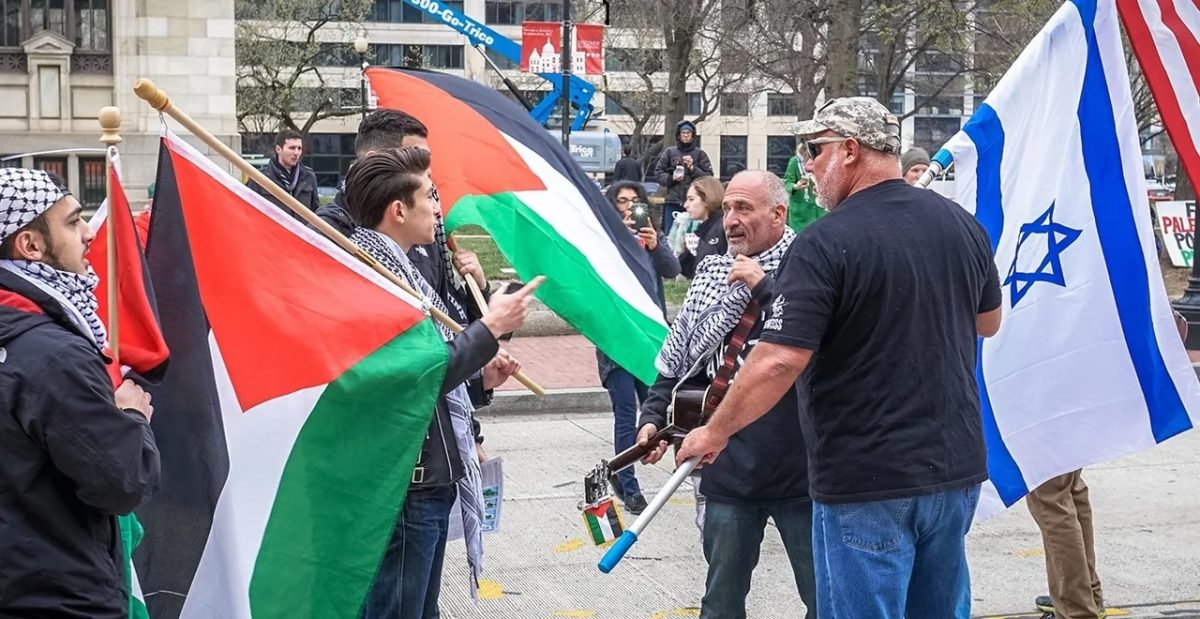 “What is the one most important thing our society needs?” Stan Fields, the host of Miss USA, asks in the film “Miss Congeniality.”
“What is the one most important thing our society needs?” Stan Fields, the host of Miss USA, asks in the film “Miss Congeniality.”
Sandra Bullock’s undercover beauty pageant character responds: “That would be harsher punishment for parole violators, Stan … And world peace!”
In today’s polarized political climate, there are few things everyone can agree upon. Peace, however, is an exception. The Israeli-Palestinian conflict, nearing its 56th year, continues to block the peace that has been in the works since the Camp David Accords brought limited peace to the region in 1978.
The peace process was reinvigorated under the Obama administration and Secretary of State John Kerry last year, but a comprehensive peace plan between Israel and Palestine still remains elusive. Kerry’s self-imposed deadline for a deal expires April 29. To accomplish even a rough framework by then would be miraculous.
Luckily, Kerry was hands-on throughout the whole process. He visited Israel 11 times in the past year alone, and when the going gets tough, he tells aides, “Don’t be afraid to be caught trying.” Kerry understands attaining peace is hard work – much harder than starting a war.
The Israeli-Palestinian conflict rages beyond the Middle East. Some of the most heated discussions take place in the United States, especially on college campuses. A few weeks ago, tensions rose at Marquette when Students for Justice in Palestine hosted “Israeli Apartheid Week” and the Jewish Student Union responded by hosting “Israeli Peace Week.”
It is the discourse sparked by events hosted by the SJP and JSU that lead to intelligent discussions, understanding, decision-making and, eventually, peace.
The peace process in the Middle East, on the other hand, is on the verge of collapse. Talks between Israeli and Palestinian officials are at a standstill since Israel refused to release detainees in response to Palestine seeking greater recognition from the United Nations (a response to Israel seeking greater demands).
While this looks to be an unfortunate ending, one of the most appalling effects of the failure to achieve peace is the criticism Kerry and the Obama administration received for trying in the first place.
“If he goes too far, there’s the risk of looking desperate,” the Washington Post quoted one official as saying.
As Americans, we grow up with the mentality that if something is broken, we fix it; if at first we don’t succeed, we “try, try again,” and a host of other banal platitudes. We are imbued with the mindset never to give up. We fight the good fight because it is our responsibility as a nation, or so we believe.
Yet when Kerry puts more time and effort into a peace process that was stagnant for way too long, people say he risks looking desperate and should back off for political convenience. Since when did Americans become afraid to be caught trying?
We shouldn’t be afraid to put our money, time and effort where our mouth is, because there are a lot worse things than standing up for what’s right and looking “desperate” for world peace.







